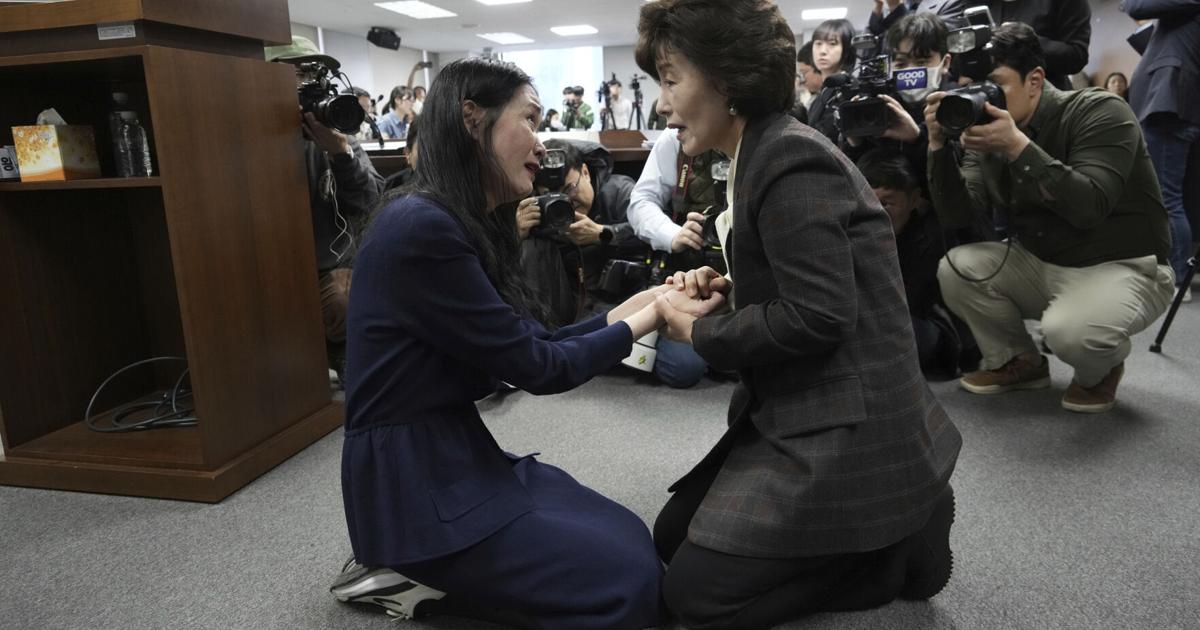
South Korea Ratifies Hague Adoption Convention, Marking a Critical Shift in International Adoption Policy
SEOUL, South Korea — In a significant development for international adoption practices, the South Korean government has ratified the Hague Adoption Convention, an international treaty designed to protect the welfare of children involved in cross-border adoptions. The announcement, made on Tuesday, represents a marked transition in policy after decades of a controversial adoption system that once facilitated the emigration of thousands of South Korean children to Western countries, often without adequate oversight.
Historically, South Korea was a leading source of international adoptions, particularly during the 1970s and 1980s. At the height of this period, the nation permitted the adoption of thousands of children annually, attracted by the demand from foreign adopters. However, this aggressive adoption policy frequently operated with inadequate regulations, leading to widespread abuses and systemic failures that have only recently come under scrutiny.
For many adoptees, the consequences of this lax framework have been profound. Numerous individuals have unearthed troubling truths regarding their pasts, discovering that their adoption records were manipulated. Many were misclassified as abandoned orphans, while others were reportedly taken from their birth families under dubious circumstances. As a result, the pain of lost identities and disrupted familial ties has become a fixture in the narratives of these adoptees, spurring calls for reform.
The ratification of the Hague Adoption Convention underscores the South Korean government’s response to increasing national and international pressure to reform its adoption policies. By formalizing its commitment to the convention, South Korea aims to enhance the safeguards surrounding international adoptions, ensuring that they are conducted ethically and transparently. The ratification aligns with a broader global movement towards reformed adoption ethics that prioritize the rights and welfare of children.
Moving forward, adherence to the Hague Adoption Convention will require South Korea to implement more effective monitoring and oversight mechanisms governing adoption practices. This reform may also necessitate training for adoption agencies and additional support systems for birth families, which have historically been marginalized in discussions around adoption.
The shift indicates a growing recognition of the importance of ethical practices in adoption, not only for the sake of the children but also for the integrity of the South Korean system as it navigates its complicated legacy in international adoption. As the country works towards remediating past injustices, the focus on transparency and ethical adoption will be critical in rebuilding trust both domestically and among the international community.


